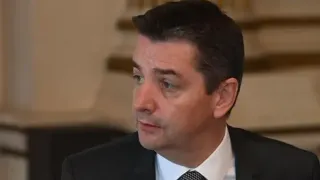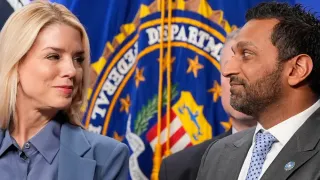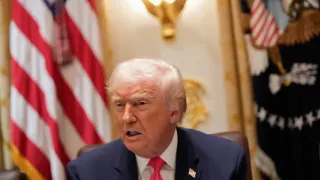April 2, 2020
NY Doctor Dies in Husband's Arms While Waiting for Help
READ TIME: 2 MIN.
"Emergency room doctor Frank Gabrin, 60, died in his husband's arms at their New York City home Tuesday, just days after he began developing symptoms related to COVID-19," Dr. Gabrin, 60, worked at East Orange General Hospital where he had been seeing patients with COVID-19 symptoms,but had not been tested for the virus, wrote a report on NJ.com.
Gabrin had been experiencing flu-like symptoms since the end of last week, his husband, Arnold Vargas of New York,
"He had a lot of coughing and two days ago he was very sick," Vargas said through tears on Wednesday. On Tuesday, Gabrin woke up saying, "Baby, I can" t="" breathe,"="" Vargas="" said.
Dr. Gabrin, a two-time cancer survivor, thought he had the situation under control.
"He told me, 'I can handle this. I survived cancer and this is just the coronavirus,' '" Vargas said.
But when his condition worsened, Vargas called the NYPD and was placed on hold. It took 30 minutes for help to arrive, he said.
"He died in my hands," Vargas said.
"Vargas said he also has mild symptoms of the virus and has seen a doctor who prescribed medication. Vargas said he expects to recover at home," NJ.com wrote.
J.D. Polk, NASA Chief Medical Officer, called Gabrin a "friend and emergency medicine colleague for many years and most importantly a good soul" on Facebook today. "We lost Frank today to COVID-19. Frank was an outstanding doc and often a bright light in the darkness. He will be greatly missed."
Learning the news, his friend Debra Vasalech Lyons posted this tweet:
She also reposted Gabrin's last post:






